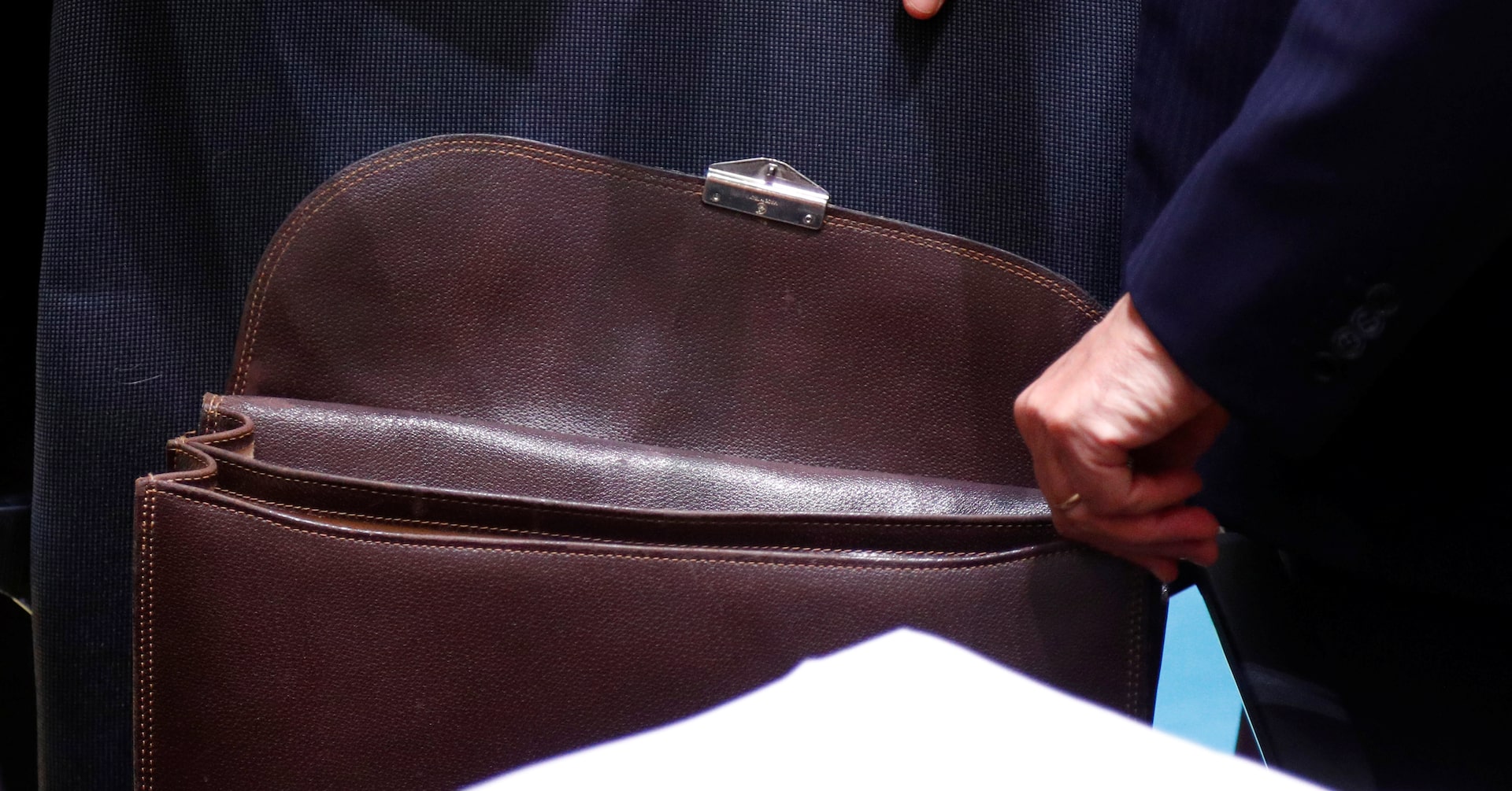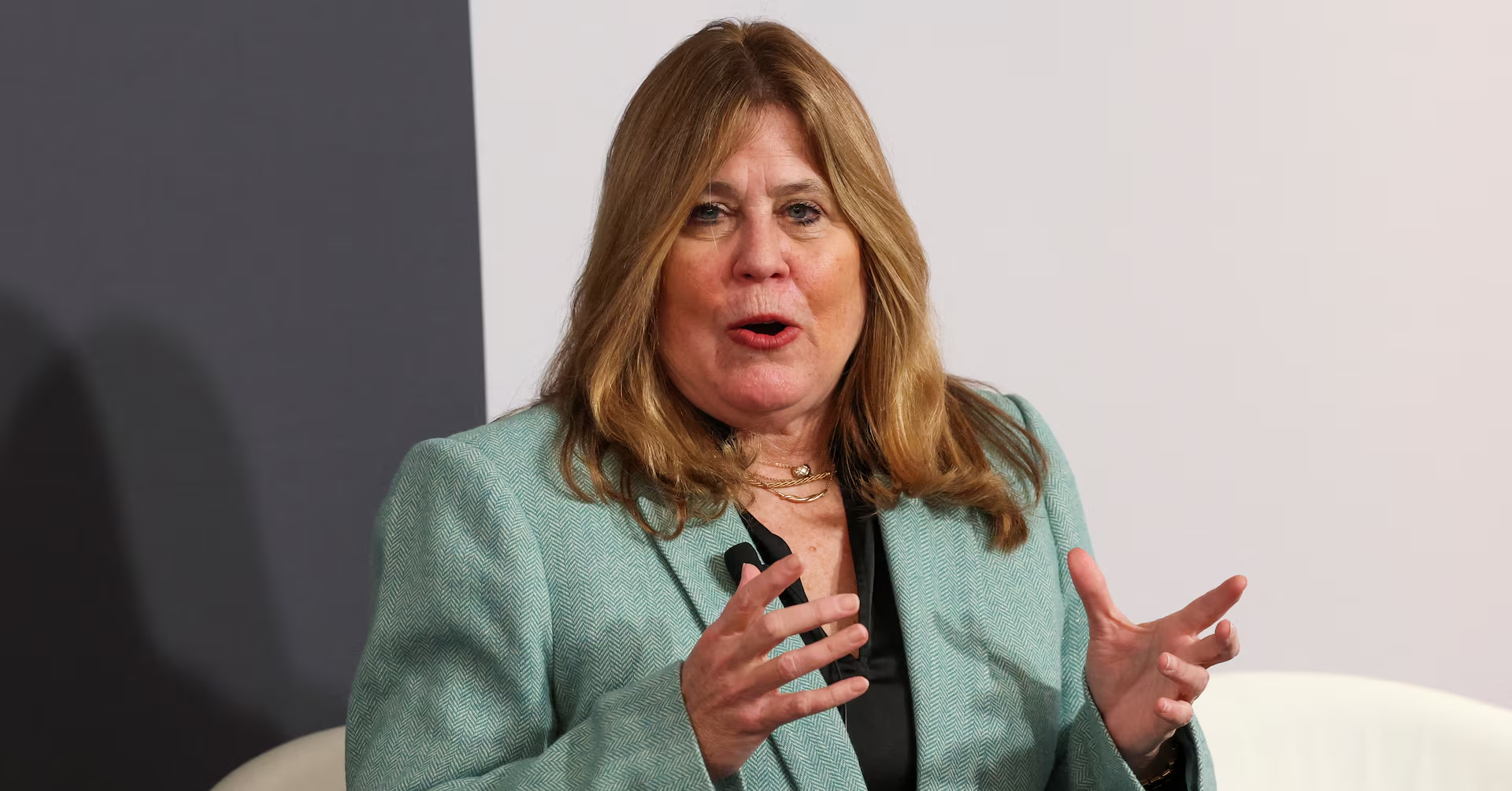The post-pandemic decline in infection-prevention practices, along with the broader crash in global health finance, are undermining progress against antimicrobial resistance – one of the planet’s most urgent health threats. At a recent panel discussion hosted by the Geneva Health Forum (GHF), leading experts from WHO, academia, biotech, and patient advocacy warned that national AMR plans are stalling in the absence of funding. And pipelines for new drug development remain desperately underfinanced.
Governance and finance: ‘domestic investment is missing link’

For Dr. Sarah Paulin-Deschenaux, a technical officer in WHO’s AMR department, the most troubling trend is how quickly hard-won gains from the COVID-19 era have faded.
During the pandemic, “there was political willingness, there was financing for infection prevention and control (IPC), WASH and hand hygiene,” she said. “But priorities shifted, financing shifted —and many behaviours we had begun to institutionalize were not sustained.”
Speaking at the GHF event convened during World AMR Awareness week, in late November, she noted that most countries still lack the institutional structures required to implement AMR strategies at scale. Recent WHO analysis reveals:
- Only 34% of countries have nationwide infection prevention and control (IPC) programmes;
- Nearly 60 countries report no IPC systems in place;
- IPC, public awareness, and antimicrobial-use monitoring consistently score as the weakest indicators in national action plan implementation.
On top of that, only one in four healthcare healthcare facilities globally have access to clean running water. And only two in five healthcare facilities have access to hand hygiene facilities at the point of care.
“How are you supposed to have effective infection prevention when you don’t have the enabling environment? So then you wind up using antibiotics as a substitute for good infection prevention and WASH,” Paulin-Deschenaux said.
The structural problem, she stressed, is that AMR commitments sit too low in government hierarchies. “Ministries of Health in developing and lower-middle income countries are not putting any domestic financing towards the actual implementation of their national action plans on AMR.
In contrast, governance on antimicrobial resistance needs to be “embedded in the highest political office—in the president’s office. That’s where we need the political commitment. Only then will we have tangible results.”
Meeting the UN target of reducing AMR deaths by 10% by 2030
region, 2019
Post-pandemic, that sense of urgency hardly registers among politicians – even though AMR is the third leading cause of mortality in the world.
In 2024, over 1 million deaths are directly linked to bacterial AMR, and 5 million deaths indirectly, according to the first major landmark study on the disease burden, published last year in The Lancet.
In a business as usual scenario, AMR will cause 39 million deaths worldwide over the next 25 years, equivalent to over 3 deaths every minute, WHO projects.
At the UN High Level Meeting on AMR in 2024, countries agreed to set a target for reducing AMR deaths by 10% by 2030.
Following on from the High Level Declaration on AMR, Nigeria will host a ministerial-level review in June 2026 of progress. But momentum has stagnated at a critical moment, Deschenaux and other experts at the panel warned.
Lax regulatory measures in many developing countries continue to make antibiotics far too available over-the-counter, inviting overuse that breeds pathogen resistance – or ‘superbugs’. Public awareness of AMR is low – with the term difficult to even translate from English. The R&D pipeline for new antibiotics is “broken”. And along with human misuse, animal overuse of the life-saving drugs remains the elephant in the room – far greater quantities of antibiotics than human health globally.
AI and diagnostics: can LMICs benefit from the potential?

Against that gloomy landscape, can new technology be one solution? Indeed, AI driven tools offer huge potential to improve diagnostic capacity for clinicians who often struggle to determine if a fever or other symptoms of illness are viral or bacterial in origin. Accurate diagnosis, in turn, can lead to much faster as well as better decisions about treatment in situations where the right choice of drugs may be the difference between life and death.
New technologies, however, remain challenging to adapt to resource-limited settings that need them most.
Paulin-Deschenaux noted a promising Colombian pilot that uses AI to support clinical decisions in an environment where diagnostic tools are limited.
“But [too] often these types of innovations stay within the high income country setting,” she said, expressing hopes that new public-private partnerships can help move the needle for other developing countries.
On the front lines of sepsis prevention, Melissa Mead, UK Sepsis Trust Ambassador, described how NHS England is testing AI tools to help emergency departments distinguish patients at risk of sepsis—those “in that grey area, that cusp” where timely antibiotic decisions are crucial.
Italian urologist Prof. Tommaso Cai, meanwhile, noted that AI-assisted prescription models have already demonstrated clinical promise in more precise diagnosis and treatment of drug-resistant urinary tract infections – integrating individual patient histories and local resistance data.
“The system can suggest the correct antibiotic,” he said—offering clinicians a lifeline in an era where common bacteria are increasingly resistant to some drugs – but not others.
However, technological innovation must be coupled with clinician training, behaviour change frameworks, and policy safeguards to prevent algorithm-driven misuse or overuse, the experts stressed.
Innovation crisis: a broken market for new antibiotics
While AI developments generate optimism, the innovation ecosystem behind new antimicrobials and infection-prevention technologies remains fragile.
Dr. Ingrid Wanninger, board member of the BEAM Alliance a European AMR innovation hub for Biotech, noted that small and medium-sized firms are leading the way in R&D. But they face a gauntlet of challenges to bring new drugs to market.
“SMEs produce the majority of innovation, yet they operate with one to two years of financial runway,” she said.
“We are really lost here. If you go to private investors and say you are working in infectious diseases, they have no interest. In AMR, business models are lacking. Big pharma has left the field.
“Private investors won’t touch infectious diseases, and the AMR space is seen as too risky,” she added, describing the current landscape as “a broken market.”
Traditionally, the existing public-private innovation engines like —CARB-X and GARDP— have primarily supported R&D on new diagnostics or antibiotic treatments – leaving preventive therapies as a kind of outlier.
“Prevention will not solve the whole AMR topic, but we need to have it as well,” said Wanninger, citing promising approaches such as bacteriophages (viruses that kill bacteria); and bacteriophage-derived endolysins (enzymes that have powerful antimicrobial properties); as well as immune modulators.
In the past year alone, two BEAM member companies working on novel antimicrobials and bacteriophage-based interventions declared bankruptcy despite having viable technologies, she noted.
Along with more specific R&D calls for such methods, there is a continuing need for more integrated “push” mechanisms to de-risk early R&D; along with government and market-driven “pull incentives” to secure predictable uptake and revenue streams once products are put on the market.
Without both, she warned, “You can have the innovation and the patents, but if financing isn’t there, companies disappear—and the expertise disappears with them.”
Public awareness and trust

While the pandemic also saw a huge acceleration in the R&D timeline for drugs and vaccines, the clock has slowed once more in the post-pandemic era. “We’ve gone back to six-or ten-years to develop an antibiotic, to get through the political rhetoric,” Mead said.
Paradoxically, the speed and way in which new COVID treatments were developed and rolled out may have also contributed to a crisis of public trust. That, along with the current political climate has led to falling vaccination rates in many developed countries, including the UK. And fewer vaccinations also leads to more antibiotic use amongst people who do actually fall ill, Mead noted.
In many low and middle income countries, meanwhile, antibiotics can still be purchased widely over the counter – while in higher income countries they are generally impossible to obtain without a prescription – incentivizing diverse forms of misuse and hoarding.
“In high-income countries, accessing an antibiotic when appropriate can be complex and expensive. That’s why households keep full courses of broad-spectrum antibiotics at home,” noted Raj Kumar, a physician and former UN medical officer, speaking from the floor of the GHF event.
Altogether, the AMR threat is poorly understood not only by politicians but by the public at large. Even the language used by scientists doesn’t resonate.
Overall there is a need to reframe AMR communication to focus on infection, behaviour change, and relatable human impact.
“People understand infections, not AMR,” said Mead. “If a leaflet says antimicrobial resistance, they won’t pick it up. If it says infection, they will.”
In some countries, including Malawi, there is no direct translation for “AMR,” noted Paulin Deschanaux, complicating public-health messaging.
She described how WHO is working with patient survivors’ groups to shift communication strategies toward relatable human stories, rather than technical terminology.
But conversely, celebrity-led stories and campaigns can backfire, Mead warned, raising questions about motivation and remuneration. “People relate to ordinary families. Real stories drive behaviour change far more effectively than professional endorsements.”
Animal health oft-ignored factor
AMR issues and solutions also must be integrated into agriculture practices, from veterinary care to fisheries and plant production, panelists acknowledged.
Under pressure from industry, proposed targets for reducing by 30% antibiotics use in agri-food systems by 2030 were dropped from the 2024 UN High Level Declaration – even though livestock and other food production in fact uses far larager volumes of the drugs than human health systems.
But even if human health systems use fewer drugs, that doesn’t obviate the need for more robust infection prevention and control in clinical settings, Cai stressed: “Lower proportional use is not an excuse to relax standards.”
And while the window for action is narrowing, it’s not too late yet to rebuild IPC systems with lessons learned from the pandemic; unlock more domestic finance; and create sustainable market incentives for innovation.
“We’re still in our [post-pandemic] learning phase,” Paulin-Deschenaux said. “It’s such a multifaceted approach. You need the education, the awareness, behavior change. It has to start in schools. It has to go all the way through to healthcare professionals’ in-service training. It’s really a continuous process. But I think the core of it, unfortunately, is priorities. Priorities change, financing shifts. And that is unfortunate.”
Image Credits: WHO/Sarah Pabst, UNICEF , HP Watch , The Lancet, CC BY-SA 4.0, via Wikimedia Commons, NIAID, Yvan Hutin/WHO, WHO , Van Boeckel et al, ETH Zurich.
Combat the infodemic in health information and support health policy reporting from the global South. Our growing network of journalists in Africa, Asia, Geneva and New York connect the dots between regional realities and the big global debates, with evidence-based, open access news and analysis. To make a personal or organisational contribution click here on PayPal.










